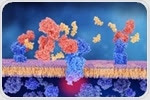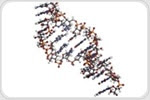| ||||||||||||||||||||||||||||||||||||||||||
| ||||||||||||||||||||||||||||||||||||||||||
| ||||||||||||||||||||||||||||||||||||||||||
| ||||||||||||||||||||||||||||||||||||||||||
| ||||||||||||||||||||||||||||||||||||||||||
| ||||||||||||||||||||||||||||||||||||||||||
martes, 2 de julio de 2019
Medical News | Medical Articles: Visual observation of phase transformations in pharmaceutical solids
Medical News | Medical Articles
Suscribirse a:
Enviar comentarios (Atom)
































.png)












No hay comentarios:
Publicar un comentario